Beyond the Ban: Navigating the Post-Plastic Bag Landscape Towards True Sustainability
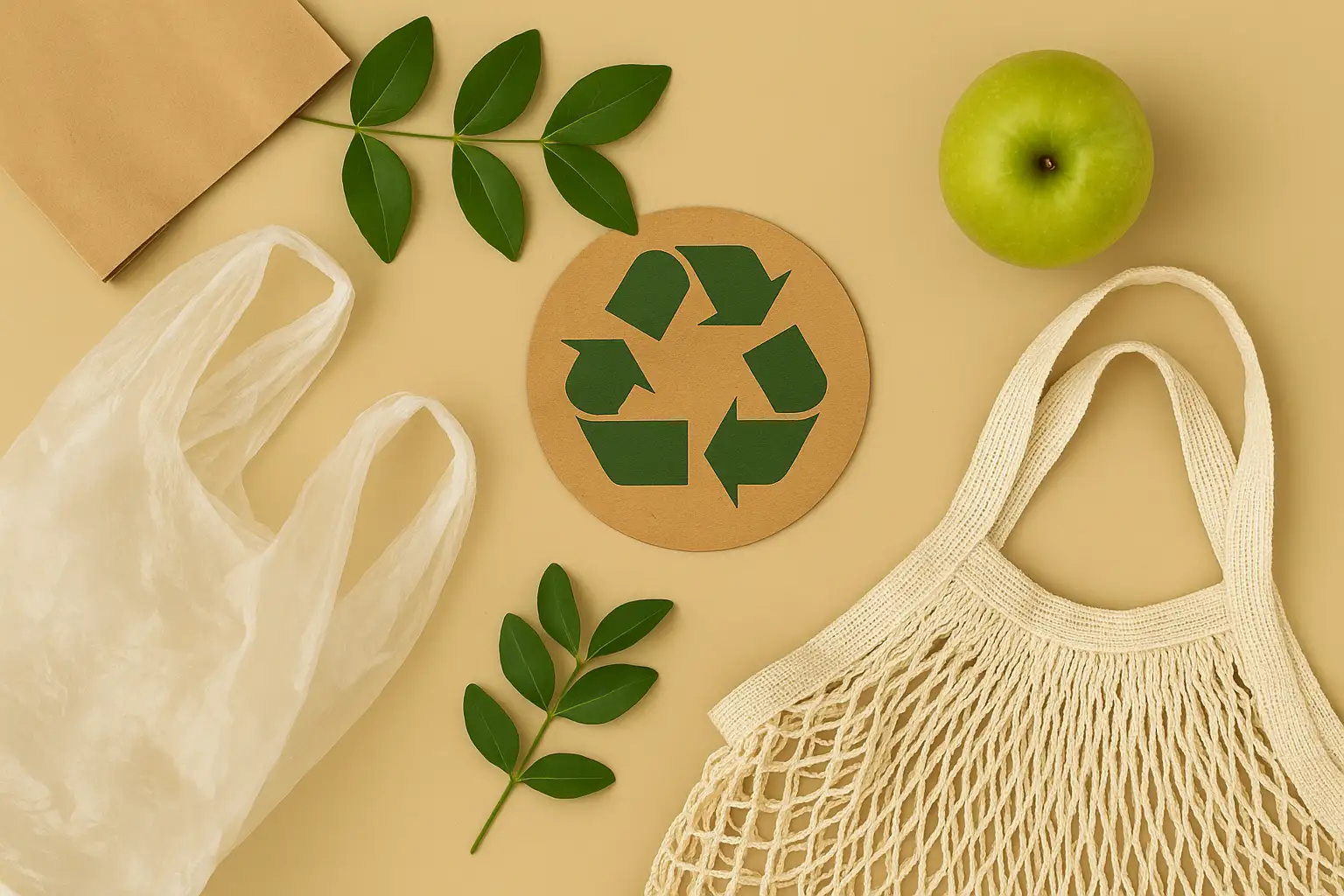
The image of the ubiquitous single-use plastic bag, billowing in the wind or clogging waterways, has become a potent symbol of our disposable culture and its detrimental impact on the environment. In response, a growing number of regions and nations have implemented bans on these flimsy carriers, a seemingly straightforward step towards reducing plastic pollution. However, the act of banning plastic bags is not the final chapter in this story. Understanding what happens next – the intended and unintended consequences, the effectiveness of alternatives, and the broader systemic changes required – is crucial for achieving truly sustainable solutions.
While the intention behind plastic bag bans is undeniably positive, the transition to a world without them is complex and multifaceted. Simply removing one type of plastic from circulation doesn't automatically solve the larger issue of waste generation and our reliance on single-use items. Examining the ripple effects of these bans, the consumer and industry responses, and the environmental implications of alternative materials is essential for ensuring that these policies lead to genuine and lasting positive change.
The Immediate Aftermath: Consumer Behavior and the Rise of Alternatives
The immediate impact of a plastic bag ban is often a shift in consumer behavior. Shoppers who were once accustomed to readily available free bags are now faced with the need to bring their own reusable bags or purchase alternatives at the checkout. This initial adjustment can be met with varying degrees of enthusiasm and compliance.
One of the most common outcomes is the increased use of reusable bags. Ideally, this translates to a reduction in overall material consumption. However, the effectiveness of this shift hinges on the durability and longevity of the reusable bags chosen and the consistency with which consumers remember to bring them. A proliferation of cheap, low-quality reusable bags that are quickly discarded can inadvertently create a new waste stream.
Another significant consequence of plastic bag bans is the increased demand for alternative single-use options, such as thicker plastic bags (often exempt from the ban), paper bags, and biodegradable plastic bags. These alternatives, while seemingly more environmentally friendly, come with their own set of considerations:
- Thicker Plastic Bags: Often marketed as reusable, these thicker bags still contribute to plastic pollution if not genuinely reused multiple times. Their increased material content can also mean a larger carbon footprint in their production.
- Paper Bags: While biodegradable and made from a renewable resource (trees), paper bag production can be energy and water-intensive, contributing to deforestation if not sourced sustainably. Their bulkier nature also impacts transportation efficiency.
- Biodegradable Plastic Bags: The term "biodegradable" can be misleading. Many biodegradable plastics only break down under specific industrial composting conditions, which are not widely available. If these bags end up in landfills or the natural environment, they can persist for extended periods, similar to conventional plastics.
The Broader System: Industry Response and Infrastructure Needs
The implementation of plastic bag bans also prompts responses from the retail and manufacturing sectors. Retailers need to adapt their checkout processes, potentially offering reusable bags for sale and managing the collection of fees for alternative single-use options. Manufacturers may shift their production towards alternative bag materials.
Crucially, the success of plastic bag bans in achieving genuine sustainability depends on the presence of adequate infrastructure for managing the alternatives. Effective recycling programs are essential for dealing with paper bags and the thicker plastic bags that may still be in circulation. Furthermore, the development of robust composting facilities is necessary to properly handle truly compostable alternatives, if they are to offer a genuine environmental advantage. Without this supporting infrastructure, the environmental benefits of banning thin plastic bags can be significantly diminished.
Beyond the Bag: A Holistic Approach to Reducing Plastic Pollution
While banning single-use plastic bags is a visible and often popular policy, it is just one piece of a much larger puzzle in tackling plastic pollution and promoting sustainability. A truly effective strategy requires a more holistic approach that addresses the entire lifecycle of plastics and encourages a broader shift away from single-use consumption.
This includes:
- Focusing on Reduction at the Source: Encouraging consumers and businesses to reduce their overall consumption of single-use items, regardless of the material. This involves promoting reusable alternatives for a wide range of products beyond shopping bags, such as food containers, cutlery, and beverage cups.
- Investing in Robust Recycling Infrastructure: Expanding and improving recycling programs to handle a wider range of plastic types and ensure higher recycling rates. This requires investment in sorting technologies, processing facilities, and consumer education to improve the quality of recyclable materials.
- Promoting Composting Infrastructure: Developing accessible and efficient industrial composting facilities to handle food waste and truly compostable products, diverting organic materials from landfills and creating valuable soil amendments.
- Supporting Extended Producer Responsibility (EPR) Schemes: Implementing policies that hold producers responsible for the end-of-life management of their products and packaging, incentivizing them to design for recyclability and reduce waste.
- Educating and Engaging Consumers: Raising public awareness about the environmental impacts of different materials and encouraging the adoption of more sustainable consumption habits through education campaigns and clear labeling.
- Addressing Microplastic Pollution: Recognizing that even when larger plastic items are avoided, microplastics from various sources (including textiles, tires, and the breakdown of larger plastics) pose a significant threat. Policies and consumer choices need to address this pervasive form of pollution.
The banning of single-use plastic bags represents a significant step in acknowledging the environmental harm caused by our disposable habits. However, to truly move towards a sustainable future, we must look beyond this single policy and consider the broader system of consumption and waste management. The transition requires a multifaceted approach that encompasses reducing overall consumption, investing in robust infrastructure for managing alternatives, and fostering a fundamental shift towards a circular economy where resources are valued and waste is minimized at every stage. The journey beyond the plastic bag ban demands a continued commitment to innovation, education, and systemic change to achieve lasting environmental benefits.
Related Blogs
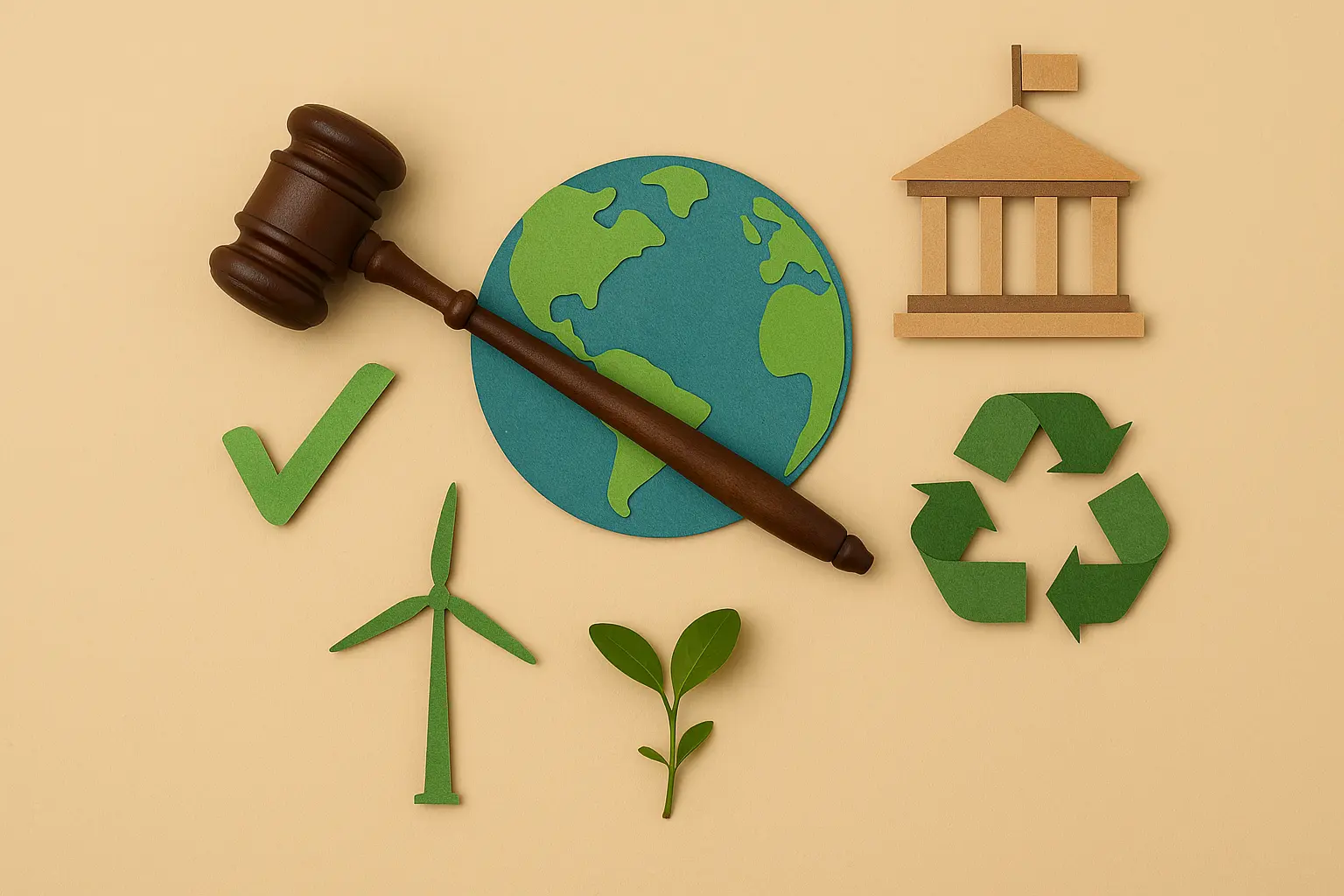
Glimmers of Progress: Ten Policy Victories That Advanced Planetary Health in the Past Year
Insights on how environmental policy affects you (even if you don’t vote) in a sustainable way.

Decoding the Global Commitment: A Breakdown of the Paris Agreement and the Path Forward
Insights on a breakdown of the paris agreement (and what’s next) in a sustainable way.

Ban the Bag: Choosing Reusable Alternatives to Single-Use Plastic Carry Bags
Support local bans and global reduction by opting for cloth, jute, or foldable reusable bags.
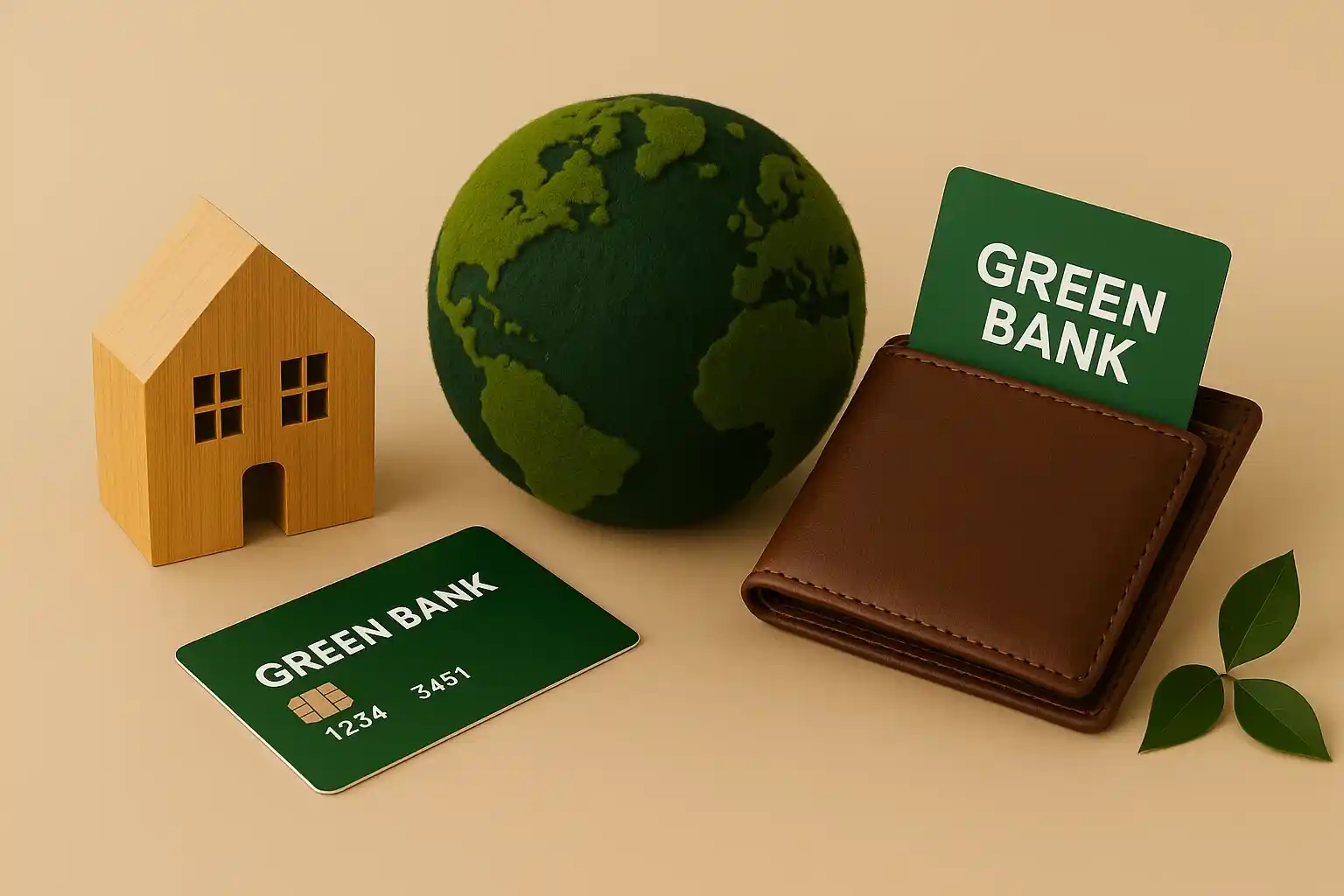
Bank for a Better Future: Choosing Ethical Finance to Power a Cleaner Planet
Finance a cleaner planet by opting for ethical banks, green investment funds, and impact fintech.
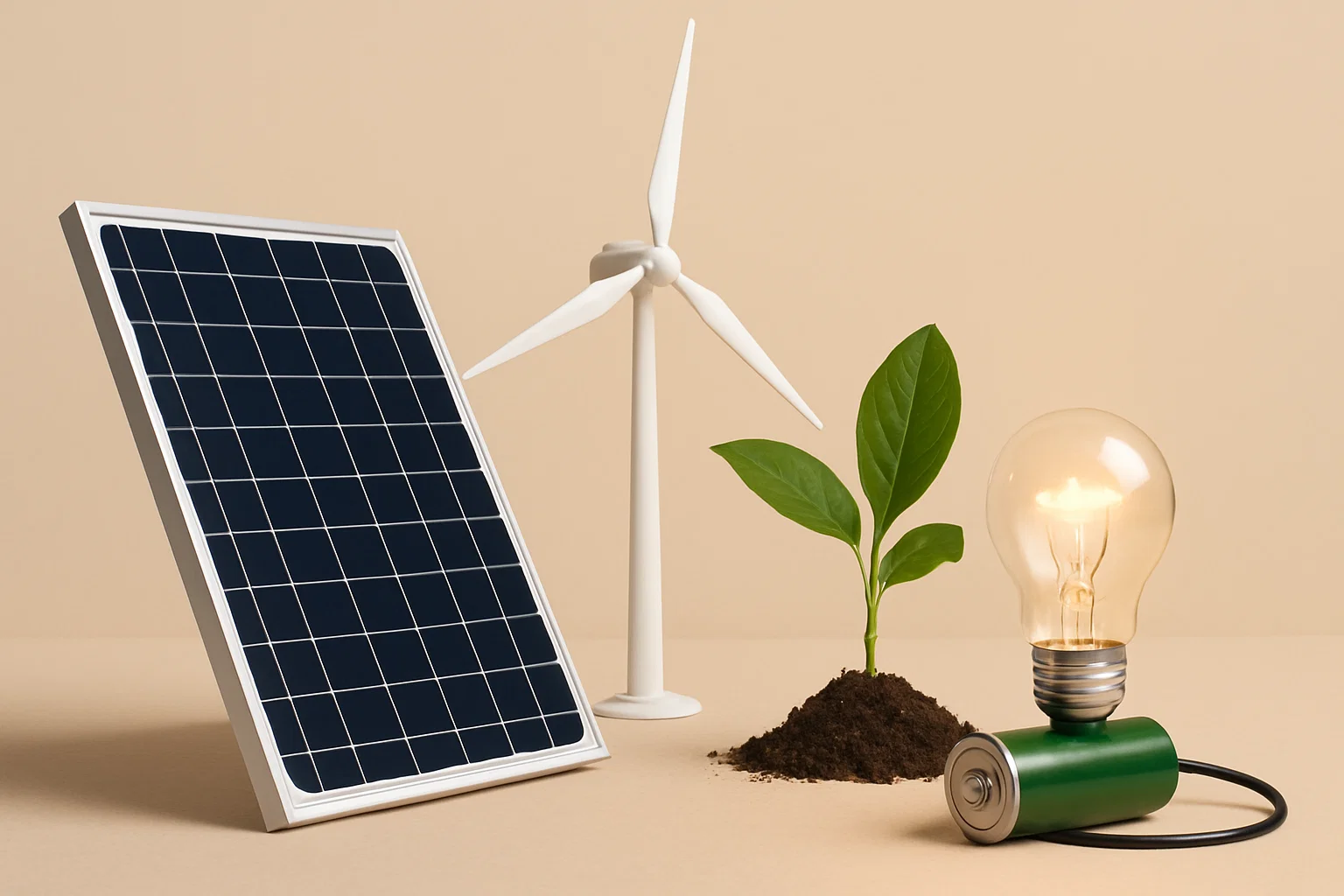
Powering Change: Choosing Clean Energy Alternatives to Conventional Sources
Align with energy transition policies by opting for green providers, solar, or co-operatives.
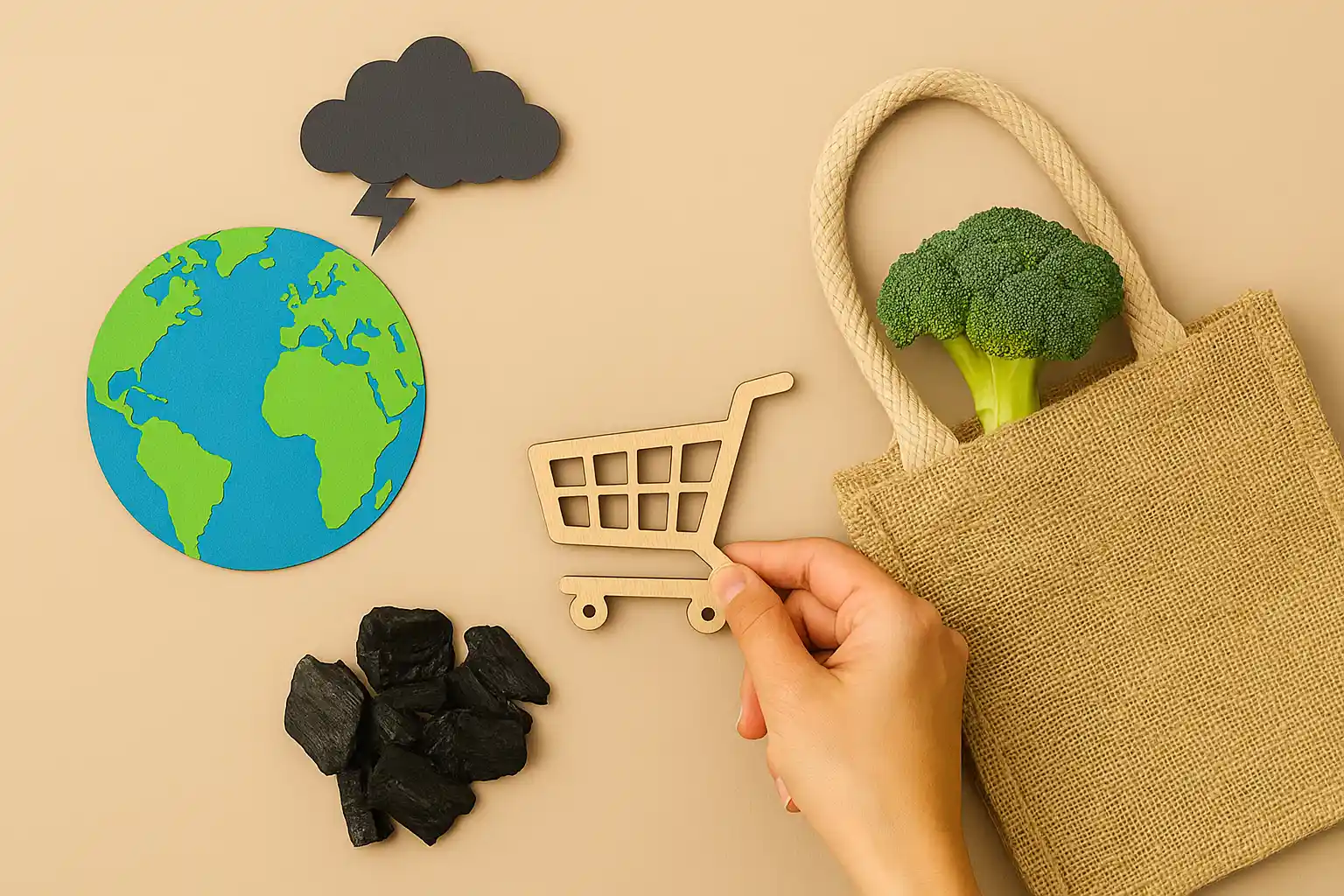
The Power in Your Purchase: Unraveling the Real Link Between Climate Change and Consumer Choice
Insights on climate change and consumer choice in a sustainable way.
Stay in the Loop
Get tips and insights tailored to your interests — no spam, just sustainability.